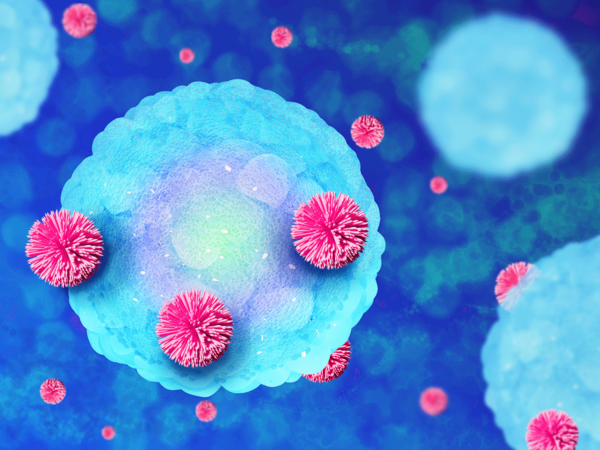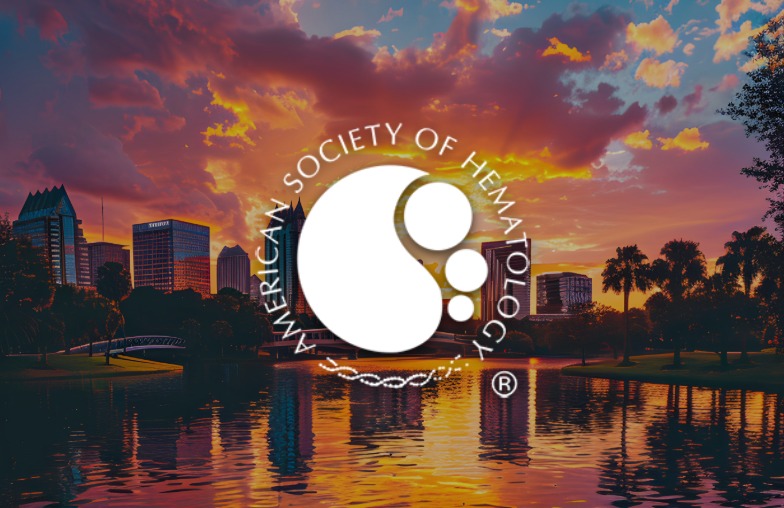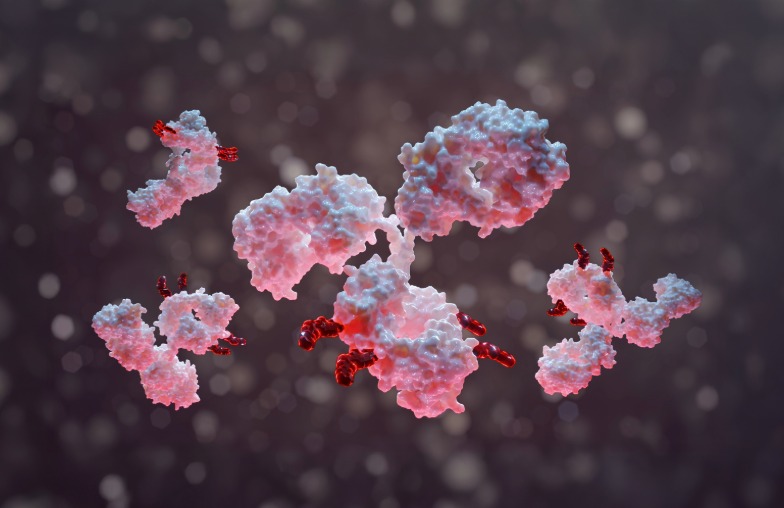Exploring creative financial solutions for biotechs
Navigating the evolving landscape of early-phase drug development has become increasingly challenging for small- to mid-sized biotech companies. Funding for a Phase I trial is much more demanding to secure than it was a few years ago, and with the introduction of Project Optimus, costs and complexities have increased as well.
Previously, a first-in-human trial might have cost between $2 to $3 million and involved around 20 to 40 patients. Now, the estimated cost has skyrocketed to $8 to $10 million, with the patient count increasing to 80 to 100 or more. This rise in expense intertwines with greater complexity in data analysis, randomization, maximum efficacious dose, and pharmacokinetics/pharmacodynamics (PK/PD) requirements.
For example, the trend toward multiomics, which involves not only generating data but also understanding it, has been growing over the past few years. This approach is becoming increasingly important in navigating the complexities of early-phase drug development. While highly valuable, however, it comes with a cost.
The end result is the early-phase landscape is now more complex and expensive than ever before. Small biotechs must be well-prepared and work with experienced partners, such as Catalyst Oncology Consulting, to navigate these challenges effectively.
Listening to oncology biotech needs
In the past, early-phase oncology trials were often conducted quickly to gauge initial efficacy before moving on to Phase II. Now the U.S. Food and Drug Administration (FDA) mandates a thorough understanding of safety and efficacy from the beginning. This can streamline later phases (and reduce overall development costs), making Phase II trials smaller or even registrational, depending on what has been achieved in Phase I. However, this places a heavier financial burden on early-phase trials, leading to widespread concern and some confusion among biotech companies.
During recent roundtable discussions held at Immuno-oncology hubXChanges, the feedback was consistent: smaller companies are struggling to quickly adapt and are not equipped with the resources of larger pharmaceutical companies.
To mitigate these challenges, discussions around commercial terms and balancing Phase I and Phase II costs are crucial. For some companies, selling the asset early is an option, but for those committed to bringing new drugs to market, finding ways to alleviate upfront costs is essential.
Creative strategies to support the financial shift in oncology trials
Creative solutions, such as milestone-based payments and adaptive study designs, are being explored as ways to lessen the financial burden. More interim analyses and frequent reviews can streamline study activities by breaking down the trial into smaller, more manageable segments. This data can then be used to secure additional funding, enabling biotechs to manage costs more effectively.
Making early phase oncology trials manageable
The FDA’s guidance, while not legally binding, sets clear expectations that are difficult to circumvent. While the changes lead to greater upfront costs, the guidance does represent a positive shift in the FDA’s approach, with a bigger emphasis on early engagement and feedback to ensure the success of early-phase drug developers. This collaborative stance is a welcome change, fostering a more supportive environment for innovation.
Catalyst Oncology is sensitive to the increased financial burden Project Optimus has placed on our small biotech customers and is committed to finding creative and flexible ways to make these financial challenges more manageable.
Reach out to connect with us to learn how we can support your oncology assets and streamline early phase planning.




